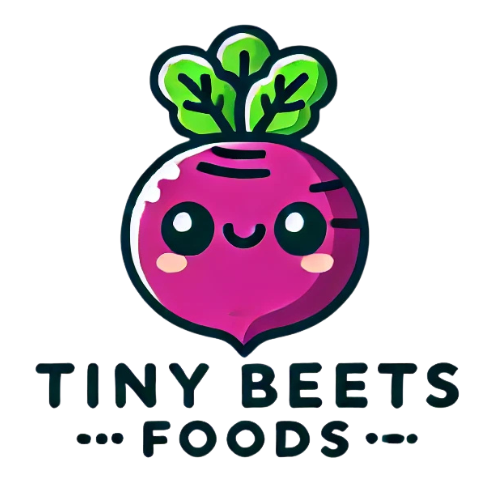There are many opinions on water consumption for infants, babies, and toddlers, but most medical institutions agree that water should not be offered before six months of age. Too much water can displace valuable nutrition from formula or breast milk and may disrupt a little one’s electrolyte balance. Additionally, most healthcare professionals agree that water isn’t necessary in the first year of life, as breast milk and formula are composed mostly of water.
When Can Little Ones Drink Water?
Water may be introduced in small amounts after six months of age. According to Better Health Victoria, little ones can have up to 0.6 litres of fluids up until 12 months of age. However, this should start at a lower amount and gradually increase over time. Water remains optional before 12 months if a baby is still on formula or breast milk.
How Should Water Be Offered?
Water should be offered in an open cup or straw cup to help develop cup-drinking skills. Believe it or not, water is actually one of the hardest liquids to learn to drink. Because it is thin and flows quickly, the tongue and swallowing muscles must work quickly to manage it.
It’s normal for little ones to cough when first learning to drink water, as the oral skills required for cup or straw drinking are quite different from those used for bottle or breastfeeding. Often, a baby will cough or sputter when the liquid is not well-contained in the mouth. As their skills improve, this should decrease. However, if your little one continues to cough with water drinking after several months of practice, it’s a good idea to consult your doctor.
By introducing water in a developmentally appropriate way, you can help your child build essential drinking skills while ensuring they stay hydrated at the right pace for their growth.
